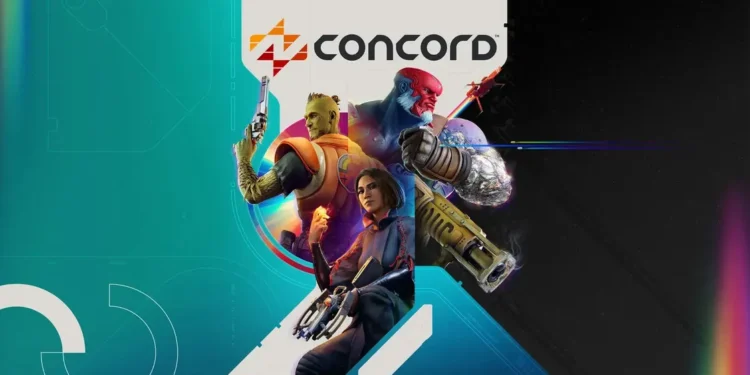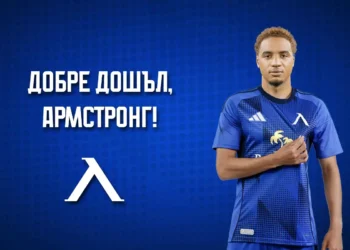PlayStation Pulling Concord Game 2 Weeks After Launch
In a surprising turn of events, Sony’s PlayStation has decided to pull Concord, a multiplayer sci-fi first-person shooter developed by Firewalk Studios, just two weeks after its launch. Released on August 23, 2024, the game has faced widespread criticism for its lackluster gameplay, technical issues, and failure to capture a sustainable player base. The decision to remove Concord from sale and take its servers offline by September 6, 2024, has shocked the gaming community and left many questioning the future of live-service gaming.
A Disappointing Launch
Despite significant marketing and anticipation, Concord struggled to gain traction right from the start. Launched for PlayStation 5 and PC, the game was expected to make a splash in the highly competitive team-based shooter market. Instead, it experienced a dismal launch, with player counts reaching a mere 700 concurrent users at its peak. According to reports, within the first 24 hours, the player count dropped to just 132 players, signaling a massive failure in terms of engagement(
)(
).
Technical glitches, lack of engaging content, and unpolished gameplay were among the primary criticisms. Many players expressed frustration with the limited customization options, lack of varied maps, and matchmaking issues. These factors quickly soured the experience for players who had high expectations after eight years of development by Firewalk Studios, a relatively new development house under the Sony Interactive Entertainment umbrella.
PlayStation and Firewalk Respond
In response to the game’s disastrous launch, Ryan Ellis, Game Director at Firewalk Studios, issued a statement acknowledging the game’s shortcomings. “While many qualities of the experience resonated with players, we also recognize that other aspects of the game and our initial launch didn’t land the way we’d intended,” Ellis said. The developer apologized to fans and confirmed that the game would be taken offline on September 6, 2024(
).
As part of the game’s removal, Sony is offering full refunds to all players who purchased Concord. Refunds will be processed across all platforms, including PlayStation Store, Steam, and Epic Games Store, as well as through physical retailers. PlayStation assured customers that the refund process would be initiated automatically, with money returned to the original payment methods within 30-60 days. For players who bought physical copies, they are instructed to follow up with the retailer where they purchased the game(
).
The Challenges of Live-Service Games
The shutdown of Concord highlights the risks and challenges of live-service games, where success hinges on maintaining a robust and engaged community. The game’s failure underscores how important first impressions are, particularly in a crowded market where titles like Apex Legends, Fortnite, and Call of Duty: Warzone have set high standards for player retention and content updates.
Firewalk Studios, despite years of development, struggled to deliver a product that could compete with established giants in the space. Poor matchmaking, lackluster map design, and uninspired gameplay contributed to the swift decline in player interest. In a time when live-service games are becoming increasingly common, Concord serves as a cautionary tale of how difficult it is to achieve long-term success in this format.
Future Prospects
While Concord is being pulled from sale and its servers shut down, Firewalk Studios hinted at the possibility of revisiting the project in the future. In the blog post announcing the shutdown, Ellis mentioned that the studio is exploring options that might allow them to “better reach players” going forward. Whether this means Concord could return in a revised form or whether Firewalk Studios will shift to new projects remains to be seen(
).
As the gaming industry moves further into the era of live-service models, the abrupt end of Concord serves as a stark reminder of the high stakes involved. For now, the game is officially being shelved, marking one of the quickest and most publicized failures in recent PlayStation history.














